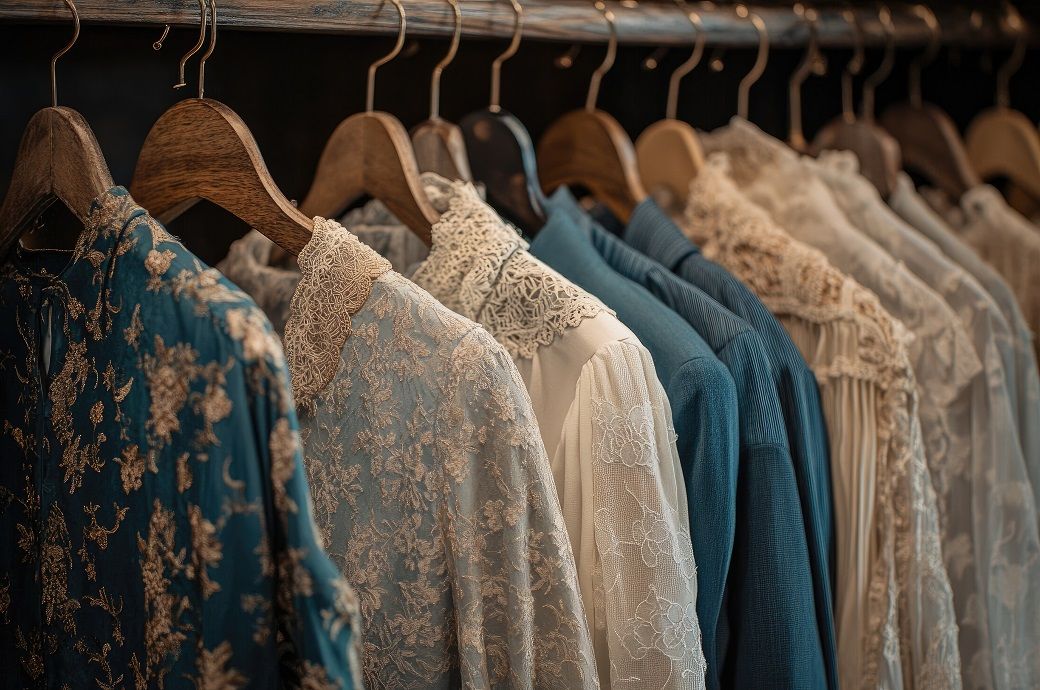Bussiness
I’m an ICU doctor. When I needed a liver transplant I learned how vulnerable it is to be a patient.
This as-told-to essay is based on a conversation with Dr. Donald Chalfin, an internist, and director of external engagements and collaborations for diagnostics with Siemens-Heathineers. It has been edited for length and clarity.
In March 2018, I was excited to leave my Bay Area home for a work trip. But my wife refused to take me to the airport unless I agreed to go to the hospital for a blood test first.
We had both noticed that I had concerning symptoms over the past few months. I was itchy, and my skin was yellow, which I recognized as jaundice. I’m an internist who works in the intensive care unit, and my wife is a pediatrician and public health physician. I was still firmly in denial despite my medical training, but she couldn’t ignore the obvious anymore. So, we went to the lab on the way to the airport.
Courtesy of Donald Chalfin
I tried my best to convince myself I was fine. Getting sick was something that happened to my patients, not me. But in the airport I checked my lab results. Unlike most patients, I didn’t need to consult Google. I knew immediately something was very wrong.
I needed a liver transplant, which could have been avoided
My labs weren’t just mildly concerning. They were abnormal enough that I knew I was in danger. After my short trip, I immediately reached out to my doctor, who sent me to see a specialist.
I was soon diagnosed with decompensated cirrhosis, or liver failure, caused by metabolic-dysfunction associated steatotic liver disease (MASLD), which used to be called fatty liver disease. Two months later, I was diagnosed with hepatocellular carcinoma, a type of liver cancer that’s common in people with liver failure.
My condition may have been reversible if it were caught early, but because I put off taking care of myself, I needed a liver transplant to survive. I’ve learned that there’s no sense in ignoring warning signs — “If you see something, say something” applies to your health, not just public safety.
I switched hospitals to get a transplant
The medical center I was going to said I was too sick to get a transplant. That was absolutely terrifying to hear. I was only 58, and without a transplant, I was nearing the end of my life.
Luckily, my wife and I know a lot about the medical system in the US and just how byzantine it can be. That’s especially true with the transplant system. Different regions set their own qualifications for who is eligible for a transplant.
After my wife did research, we moved from the Bay Area to New Orleans in July. The hospital in New Orleans cleared me to receive a transplant. It felt like my previous center was looking at the 100 reasons they shouldn’t give me a transplant instead of the one reason they should. The New Orleans hospital took the opposite approach.
That — along with my wife’s advocacy — saved my life. I was approved for a transplant, and just two days later got a match.
Being a patient made me a better doctor
As a doctor, I’m used to being in control. As a patient, I had very little control. I lost my independence and felt vulnerable. Sometimes, laying in a hospital bed with even my clothes taken away, I felt I had no dignity.
That experience made me a more compassionate doctor. Now, I realize that even seemingly small things, like nausea or a toothache, are really major to patients. They can ruin their whole day. I’ll never brush off those concerns from my patients again.
It took me about a year and a half to feel like myself again after the transplant. At one point, I was too sick to play my guitar or kayak, let alone care for others. Now, I’m back in the ICU and advocating for awareness about liver health. I’m lucky to be here and determined to help remove barriers to healthcare so that others can have the happy ending I did.








